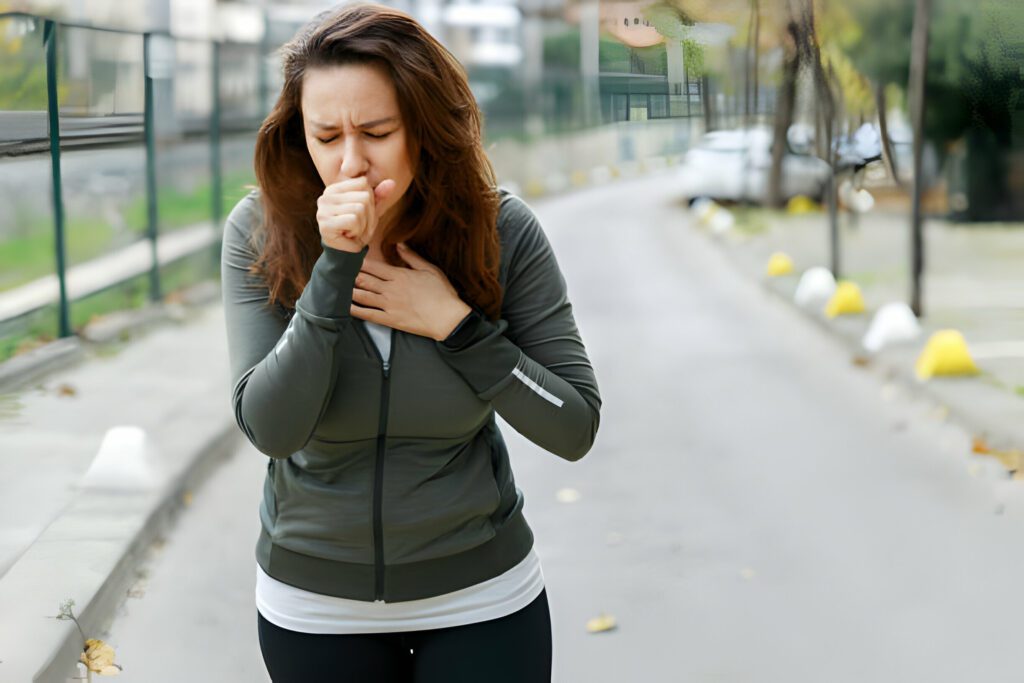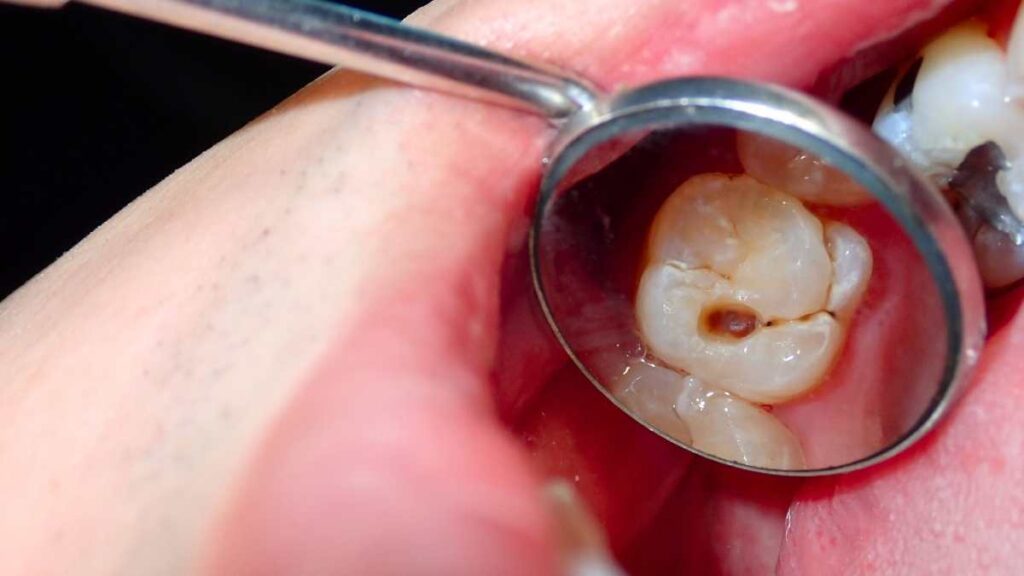- Introduction
- Understanding the Mechanics of Coughing
- The Calorie-Burning Potential of Coughing
- Does Coughing Burn Fat?
- The Science Behind Caloric Expenditure During Coughing
- Factors Influencing Caloric Burn During Coughing
- Does Coughing Damage Your Lungs?
- Does Coughing Make You Tired?
- Does Coughing Make You Higher?
- Conclusion
- Frequently Asked Questions
Introduction
In the realm of health and fitness, the question “does coughing burn calories?” often arises, sparking curiosity about the metabolic impact of this involuntary bodily function. Surprisingly, the answer is affirmative. Despite coughing being typically associated with discomfort or illness, it can indeed contribute to calorie expenditure. When you cough, your body engages a complex interplay of muscles, including the diaphragm, intercostal muscles, and abdominal muscles, initiating a series of contractions that expel air from the lungs. This muscular activity elevates your metabolic rate, leading to increased calorie consumption for a brief duration. While the calorie burn from coughing may not rival that of a strenuous workout, every little bit counts when it comes to maintaining overall energy balance and potentially aiding in weight management. Therefore, understanding the nuances of how coughing impacts calorie expenditure sheds light on the body’s remarkable adaptability and the multifaceted nature of its physiological responses.
Understanding the Mechanics of Coughing
Before we delve into whether coughing burns calories, let’s first understand what exactly happens when we cough. Coughing is a natural reflex designed to clear the airways of irritants, mucus, and foreign particles. It involves the forceful expulsion of air from the lungs, creating a burst of pressure capable of dislodging any obstructions or excess secretions.
The Calorie-Burning Potential of Coughing
So, does coughing work out your abs? Surprisingly, yes. Although coughing may not replicate the intensity of a gym workout, it does require energy expenditure. When you cough, various muscles in your body, including the diaphragm, intercostal muscles, and abdominal muscles, contract involuntarily. This muscular activity leads to an increase in your metabolic rate, causing your body to burn more calories than usual, albeit for a short period of time.


Does Coughing Burn Fat?
One of the burning questions surrounding coughing is whether it burns fat. While it’s true that coughing can contribute to calorie expenditure, its direct impact on burning fat is minimal. Coughing primarily targets the muscles involved in the respiratory system rather than specifically targeting fat stores.
The Science Behind Caloric Expenditure During Coughing
The exact number of calories burned during a coughing episode varies depending on factors such as the intensity and duration of the cough, as well as individual differences in metabolism and body composition. While it’s challenging to pinpoint an exact figure, estimates suggest that a single cough can burn anywhere from 2 to 5 calories.
Factors Influencing Caloric Burn During Coughing
When it comes to understanding the calorie-burning potential of coughing, various factors come into play. Firstly, the frequency and intensity of coughing episodes are paramount. The more frequent and vigorous the cough, the greater the energy expenditure, leading to a higher calorie burn. Additionally, individual characteristics such as age, weight, and overall health status significantly influence the metabolic demands of coughing. Individuals with respiratory conditions or weakened muscles may exert more effort during coughing, resulting in a higher calorie expenditure. Thus, understanding these factors is essential in comprehending the overall impact of coughing on calorie burn and metabolic health.
Does Coughing Damage Your Lungs?
Concerns may arise regarding the potential damage coughing could inflict on the lungs. While intense and prolonged coughing bouts can cause discomfort and irritation, they typically do not result in significant long-term damage to the lungs. However, persistent coughing can be a symptom of underlying respiratory conditions that may require medical attention.
Does Coughing Make You Tired?
If you’ve ever experienced a bout of persistent coughing, you may have noticed feeling fatigued afterward. Coughing can indeed contribute to feelings of tiredness, as it requires energy expenditure and can disrupt sleep patterns if experienced during the night. This phenomenon occurs because coughing not only expends calories but also places additional strain on the body’s respiratory and muscular systems. The repetitive contractions of the diaphragm and chest muscles during prolonged coughing bouts can lead to muscle fatigue and overall feelings of exhaustion.
Furthermore, the disruption of sleep caused by nocturnal coughing episodes can further exacerbate feelings of tiredness and impact overall well-being. Therefore, while coughing may seem like a simple reflex, its effects on energy levels and fatigue should not be underestimated, especially in individuals dealing with chronic respiratory conditions or persistent coughing fits.
Read Also: What is Natural Caffeine: Exploring its Benefits and Sources
Does Coughing Make You Higher?
Some individuals may wonder if coughing can induce a feeling of being “higher.” While coughing itself does not produce a psychoactive effect, it can lead to temporary lightheadedness or dizziness due to changes in blood pressure and oxygen levels during intense coughing episodes.
Conclusion
In conclusion, does coughing burn calories? Absolutely. Coughing does indeed burn calories and engages various muscle groups, including the abs. However, its role in weight management is relatively minor compared to other lifestyle factors such as diet and exercise. While coughing serves important functions in clearing the airways and reducing the risk of infection, persistent or severe coughing may indicate underlying health issues that require medical attention. So, the next time you find yourself in the midst of a coughing fit, remember that your body is expending some extra energy, but focus on maintaining overall health through balanced nutrition and regular physical activity. Embrace those coughing bouts with confidence, knowing that they’re not just a nuisance but also a reminder of your body’s remarkable ability to adapt and protect itself.


A true master in his field, Hayate takes the helm as the author of Supreme Hall’s ‘Health’ category. Through his informative and engaging blogs, he shares valuable insights on wellness, fitness, and holistic living, empowering readers to lead healthier and happier lives.


